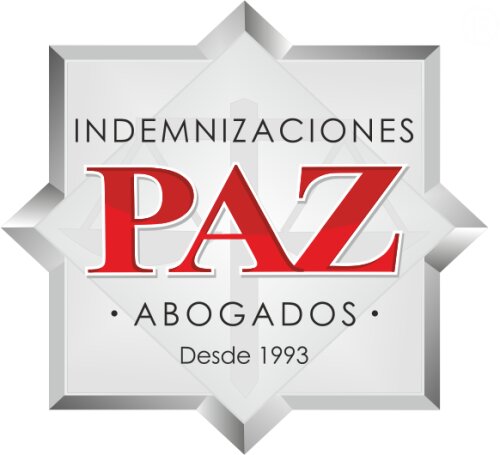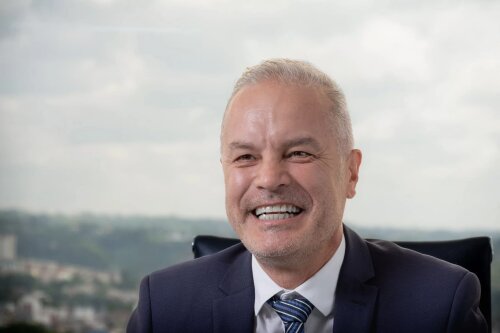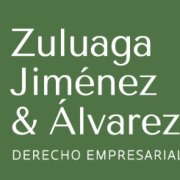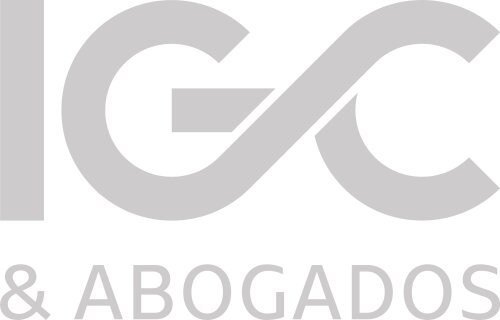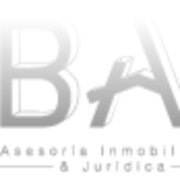Best Mining Law Lawyers in Colombia
Share your needs with us, get contacted by law firms.
Free. Takes 2 min.
Or refine your search by selecting a city:
List of the best lawyers in Colombia
About Mining Law in Colombia
Mining Law in Colombia is a comprehensive legal framework that governs the exploration, extraction, and commercialization of mineral resources within the Colombian territory. The primary body of law is established under the Colombian Mining Code, Law 685 of 2001, along with several amendments and regulations. The goal of Mining Law is to manage the sustainable use of natural resources, protect the environment and indigenous communities, and ensure that mining activities contribute to the country's economic development. Mining activities in Colombia are subject to regulations that address issues such as property rights, licensing, environmental permits, taxation, and social responsibility.
Why You May Need a Lawyer
Mining Law in Colombia is a complex field that involves numerous legal, technical, and financial considerations. People and companies often require legal assistance in the following common situations:
- Applying for and obtaining mining titles or licenses
- Carrying out due diligence before starting mining activities
- Navigating environmental permitting processes
- Negotiating land access and resolving land ownership disputes
- Addressing conflicts with local communities or indigenous populations
- Ensuring compliance with tax obligations and state royalties
- Managing the transfer or assignment of mining rights
- Resolving disputes with the government or other stakeholders
- Understanding and complying with corporate social responsibility obligations
- Dealing with regulatory investigations or enforcement actions
An experienced Mining Law attorney can help navigate the regulatory landscape, protect your interests, and ensure compliance with all applicable laws and regulations.
Local Laws Overview
The key aspects of local laws relevant to Mining Law in Colombia include:
- Colombian Mining Code (Law 685 of 2001): Sets out the legal framework for the granting, operation, and termination of mining concessions and rights.
- Mining Titles and Concessions: The government owns mineral resources and grants mining rights through concession contracts. These titles can be explored, exploited, assigned, or transferred under specific conditions.
- Environmental Regulations: To undertake mining activities, companies must obtain environmental licenses and comply with laws that protect ecological systems, water resources, and local biodiversity.
- Consultations with Indigenous and Local Communities: The law requires prior consultation with ethnic communities that may be affected by mining projects, in compliance with international conventions and Colombian regulations.
- Taxation and Royalties: Mining companies are required to pay applicable taxes and royalties to the state as a condition of their operations.
- Health and Safety Regulations: Operators must comply with workplace safety and health standards to protect workers engaged in mining activities.
- Conflict Resolution Mechanisms: The law provides procedures for resolving disputes between mining companies, landowners, and communities.
Compliance with these legal requirements is essential throughout the mining project lifecycle, from exploration to closure.
Frequently Asked Questions
What types of minerals are regulated under Colombian Mining Law?
Colombian Mining Law applies to a broad range of minerals, including precious metals (such as gold and silver), base metals, coal, precious stones, construction materials, and other non-renewable resources found in the subsoil.
Who is responsible for issuing mining titles in Colombia?
The National Mining Agency (Agencia Nacional de Minería - ANM) is the governmental authority in charge of granting and managing mining rights and titles in Colombia.
What is the process for obtaining a mining concession?
The process involves submitting an application to the ANM, providing information about the proposed area and mining activity, undergoing technical and legal reviews, and obtaining approval. The applicant must also secure any required environmental permits.
Do I need to consult with local communities before starting a mining project?
Yes, Colombian law requires prior consultation with ethnic and indigenous communities that may be affected by mining activities. This is to ensure respect for their rights and cultural heritage.
Are environmental licenses always required for mining projects?
Most mining projects require an environmental license issued by the National Environmental Licensing Authority (ANLA) or a regional environmental agency. The requirements depend on the project's scale and potential environmental impact.
What taxes and royalties apply to mining operations?
Mining companies are subject to general corporate taxes, as well as specific mining royalties based on the type and volume of minerals extracted. Rates and payment methods are outlined in national legislation.
How are landowner rights affected by mining concessions?
Although the state owns subsoil resources, landowners are entitled to compensation for any damages or loss of use caused by mining activities on their property. Negotiations and agreements are often required.
Can mining titles be transferred or assigned?
Yes, mining concessions and titles can generally be transferred or assigned, but the process must be approved by the ANM and meet certain legal requirements.
What legal protections exist for small-scale and artisanal miners?
Colombian law recognizes small-scale mining and provides specific regulations to encourage formalization. Special permits and simplified procedures are available for eligible small and medium miners.
How are disputes in mining activities resolved?
Disputes can be resolved through administrative procedures, negotiation, arbitration, or litigation in Colombian courts, depending on the nature of the conflict and parties involved.
Additional Resources
If you are seeking further information or assistance regarding Mining Law in Colombia, the following resources may be helpful:
- National Mining Agency (Agencia Nacional de Minería - ANM): Responsible for the administration and oversight of mining titles and concessions.
- Ministry of Mines and Energy (Ministerio de Minas y Energía): Sets policies and oversees the overall mining and energy sector.
- National Environmental Licensing Authority (Autoridad Nacional de Licencias Ambientales - ANLA): Issues environmental licenses for mining projects.
- Regional Environmental Authorities (CARs): Manage environmental permitting and oversight at the regional level.
- Legal Aid Clinics and Bar Associations: Some universities and professional organizations offer guidance or referrals for legal advice in Mining Law.
Next Steps
If you believe you need legal assistance in the field of Mining Law in Colombia, consider the following steps:
- Gather all relevant documentation concerning your mining project or issue, such as contracts, applications, correspondence with authorities, and maps.
- Outline your questions and concerns so you can clearly explain your situation to a legal professional.
- Contact a qualified attorney with experience in Colombian Mining Law. You may consult professional directories or contact the local bar association for referrals.
- Arrange a consultation to review your case, discuss your options, and develop a legal strategy tailored to your needs.
- Follow up on any recommendations or next steps provided by your legal advisor.
Engaging a knowledgeable lawyer early in the process can help you navigate complex regulations, reduce legal risks, and improve the likelihood of a successful mining project in Colombia.
Lawzana helps you find the best lawyers and law firms in Colombia through a curated and pre-screened list of qualified legal professionals. Our platform offers rankings and detailed profiles of attorneys and law firms, allowing you to compare based on practice areas, including Mining Law, experience, and client feedback.
Each profile includes a description of the firm's areas of practice, client reviews, team members and partners, year of establishment, spoken languages, office locations, contact information, social media presence, and any published articles or resources. Most firms on our platform speak English and are experienced in both local and international legal matters.
Get a quote from top-rated law firms in Colombia — quickly, securely, and without unnecessary hassle.
Disclaimer:
The information provided on this page is for general informational purposes only and does not constitute legal advice. While we strive to ensure the accuracy and relevance of the content, legal information may change over time, and interpretations of the law can vary. You should always consult with a qualified legal professional for advice specific to your situation.
We disclaim all liability for actions taken or not taken based on the content of this page. If you believe any information is incorrect or outdated, please contact us, and we will review and update it where appropriate.
Browse mining law law firms by city in Colombia
Refine your search by selecting a city.



